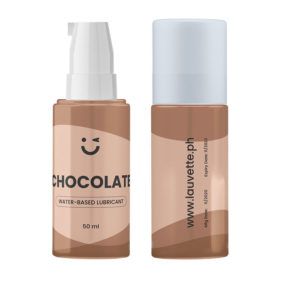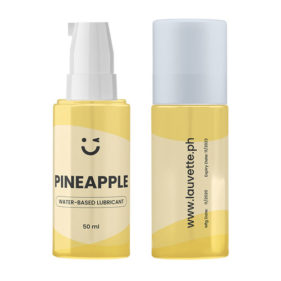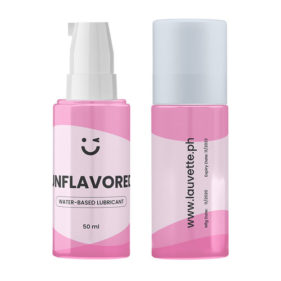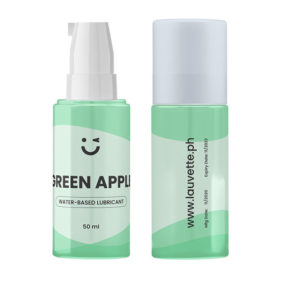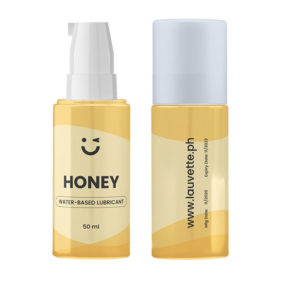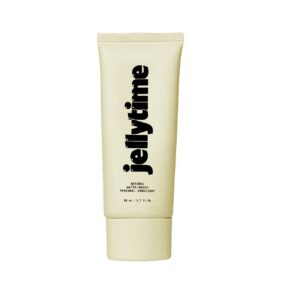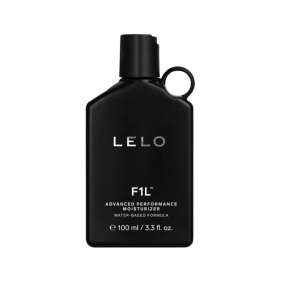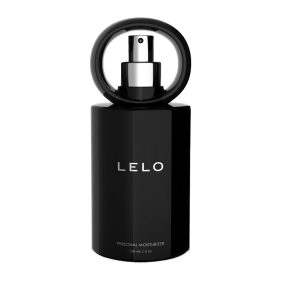
Sunday night. Your bedroom. You’re making out with your boo, removing each other’s clothes, and about to embark on a wild night of naughty fun. You grab your favorite bottle of lubricant and notice that it’s empty. “Wait, lemme go out and buy some before we continue…” You said, but your partner has another idea, asking you if there’s olive oil in the kitchen. They said they saw a social media post about olive oil being used as a lubricant, and they would like to try it out.
You seemed skeptical about it and preferred buying actual lube, but your partner said going out to grab some lube can lose the “mood” and “momentum.”
This is a fictional situation, but what would you do in this scenario? Grab your olive oil from the kitchen? Go into a convenience store to grab a few sachets of lube? Well, this quick guide will tell you about olive oil and its “lubricating” properties.
Can Olive Oil Work as a Lubricant?

According to Healthline, olive oil can be considered as an oil-based lubricant. It has the same consistency as oil-based lubes and can work if you need that extra moisture and lubrication during the deed.
However, is it ideal and safe to use it as lube? Nope, as it can bring more harm than good to your sexcapades.
First, any oil-based lubricant, including olive oil, can potentially disrupt the natural balance of bacteria in the genital area, increasing the risk of infection, such as bacterial vaginosis or yeast infections. If you or your partner are prone to these infections, it’s better to avoid using oil-based lubricants altogether.
Another thing to note is olive oil (and oil-based lubes in general) can increase the risk of condom breakage. This increases your chances of contracting sexually transmitted infections and unintended pregnancies.
You also need to consider that olive oil isn’t made for sexual use, so it tends to have a heavier consistency that wouldn’t easily be absorbed into your skin. Using it in your genitals can result in clogged pores and possible breakouts down there.
Lastly, olive oil can leave stains on your bed sheets and clothes, which means more effort in post-sex cleanup.
So, back to the scenario above, if you ever find yourself running out of lubricant right when you’re about to have sex, it’s better to go to the nearest convenience store and buy actual lube. The sensual mood may get affected, but losing momentum is better than you and your partner suffering from infections. Safety first!
-
₱150.00
-
₱150.00
-
₱150.00
-
₱150.00
Safe Lubricant Alternatives
Now, if you’re in a situation where lubricants aren’t easily accessible, or you may even have conditions that limit your lube options, there are natural and DIY alternatives that you can explore.
1Virgin Coconut Oil

Medical blogs and even forums can attest to this— coconut oil is generally well-tolerated by most people and less likely to cause skin irritation or allergic reactions when used as a lubricant. It’s even safe for ingestion in small quantities, making it ideal for oral plays. However, like with olive oil, it’s unsuitable for latex condoms.
2Aloe Vera

Several sex-ed resources say pure aloe vera can be a great alternative for lube. It’s water-based, so you can use it with condoms. Plus, it’s known for its hydration and skin-rejuvenating properties. But before you start applying it to your genitals, make sure to do a patch test on your wrist first, especially if you and your boo haven’t tried pure aloe vera before.
-
₱150.00
-
₱1,300.00
-
₱1,700.00
3DIY Water-Based Lube With Cornstarch

Got some cornstarch in your pantry? Good news for you: you can create your water-based lubricant with that. Here’s the simple recipe from Women’s Health Interactive:
Ingredients:
- 4 teaspoons of pure cornstarch (all-purpose flour can work, but you need to double the amount to 8 teaspoons.)
- 1 cup of water
Directions:
- Combine the ingredients in a saucepan.
- Place the saucepan on low to medium heat and slowly bring the mixture to a boil, whisking continuously to eliminate any lumps.
- Once the mixture reaches a boil, continue whisking for approximately 30 seconds before removing it from the heat. Allow it to cool before straining and transferring it to a clean container.
- If the lube’s consistency is too thick, gradually dilute it with water until you achieve your desired thickness.
- Store the DIY lubricant at room temperature. Make sure to shake it before use. Discontinue use in case of changes to its smell or texture.
Takeaway
To give you a TL:DR, olive oil isn’t an ideal alternative for lubricant. It gives a greasy feel, can cause irritations, and weakens the condom. There are so many other alternatives that you can also access in the kitchen, like the aloe vera plant and cornstarch.
Tons of sexual wellness shops, like Lavuette, also provide same-day delivery. So, if you need to get a bottle of lube ASAP, you can now easily do that right at your fingertips. Always prioritize your safety and well-being when making decisions about personal lubrication.
